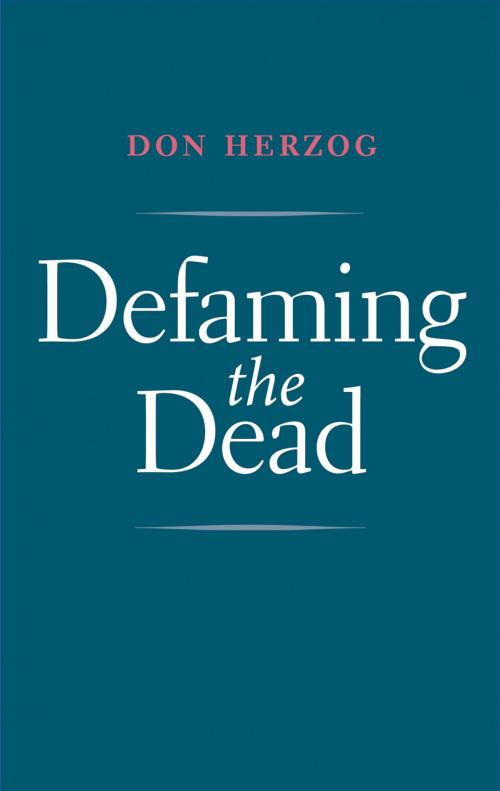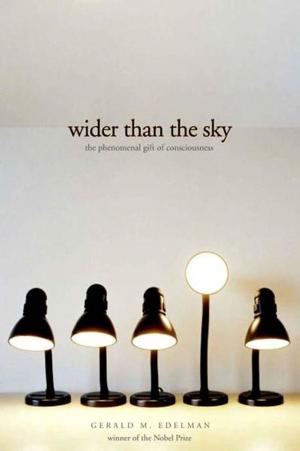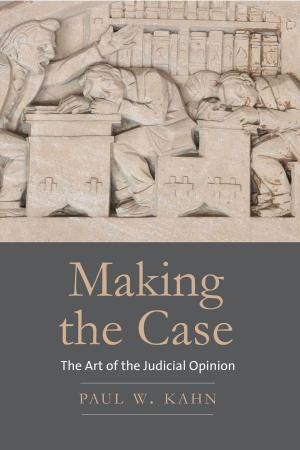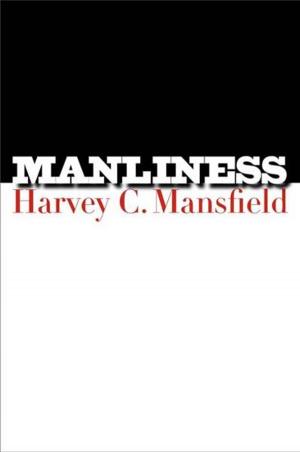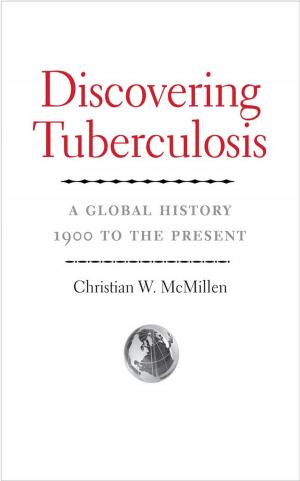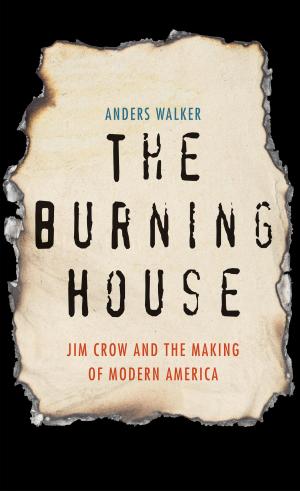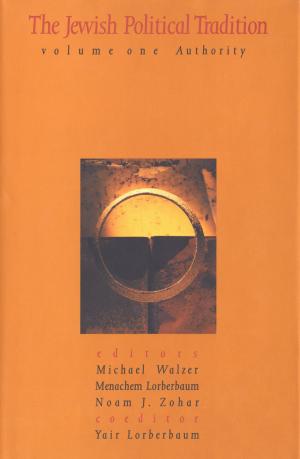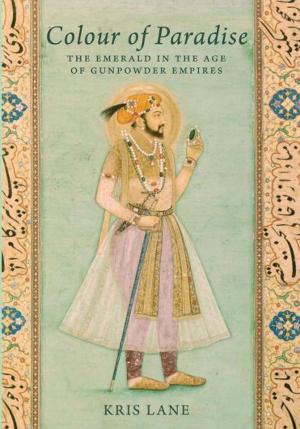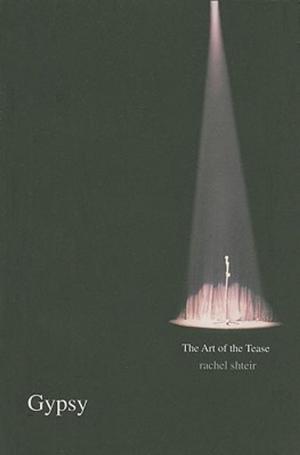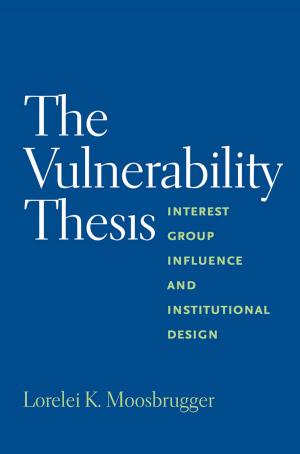| Author: | Don Herzog | ISBN: | 9780300227710 |
| Publisher: | Yale University Press | Publication: | March 28, 2017 |
| Imprint: | Yale University Press | Language: | English |
| Author: | Don Herzog |
| ISBN: | 9780300227710 |
| Publisher: | Yale University Press |
| Publication: | March 28, 2017 |
| Imprint: | Yale University Press |
| Language: | English |
Do the dead have rights? In a persuasive argument, Don Herzog makes the case that the deceased’s interests should be protected
This is a delightfully deceptive works that start out with a simple, seemingly arcane question—can you libel or slander the dead?—and develops it outward, tackling larger and larger implications, until it ends up straddling the borders between law, culture, philosophy, and the meaning of life. A full answer to this question requires legal scholar Don Herzog to consider what tort law is actually designed to protect, what differences death makes—and what differences it doesn’t—and why we value what we value. Herzog is one of those rare scholarly writers who can make the most abstract argument compelling and entertaining.
This is a delightfully deceptive works that start out with a simple, seemingly arcane question—can you libel or slander the dead?—and develops it outward, tackling larger and larger implications, until it ends up straddling the borders between law, culture, philosophy, and the meaning of life. A full answer to this question requires legal scholar Don Herzog to consider what tort law is actually designed to protect, what differences death makes—and what differences it doesn’t—and why we value what we value. Herzog is one of those rare scholarly writers who can make the most abstract argument compelling and entertaining.
Do the dead have rights? In a persuasive argument, Don Herzog makes the case that the deceased’s interests should be protected
This is a delightfully deceptive works that start out with a simple, seemingly arcane question—can you libel or slander the dead?—and develops it outward, tackling larger and larger implications, until it ends up straddling the borders between law, culture, philosophy, and the meaning of life. A full answer to this question requires legal scholar Don Herzog to consider what tort law is actually designed to protect, what differences death makes—and what differences it doesn’t—and why we value what we value. Herzog is one of those rare scholarly writers who can make the most abstract argument compelling and entertaining.
This is a delightfully deceptive works that start out with a simple, seemingly arcane question—can you libel or slander the dead?—and develops it outward, tackling larger and larger implications, until it ends up straddling the borders between law, culture, philosophy, and the meaning of life. A full answer to this question requires legal scholar Don Herzog to consider what tort law is actually designed to protect, what differences death makes—and what differences it doesn’t—and why we value what we value. Herzog is one of those rare scholarly writers who can make the most abstract argument compelling and entertaining.
